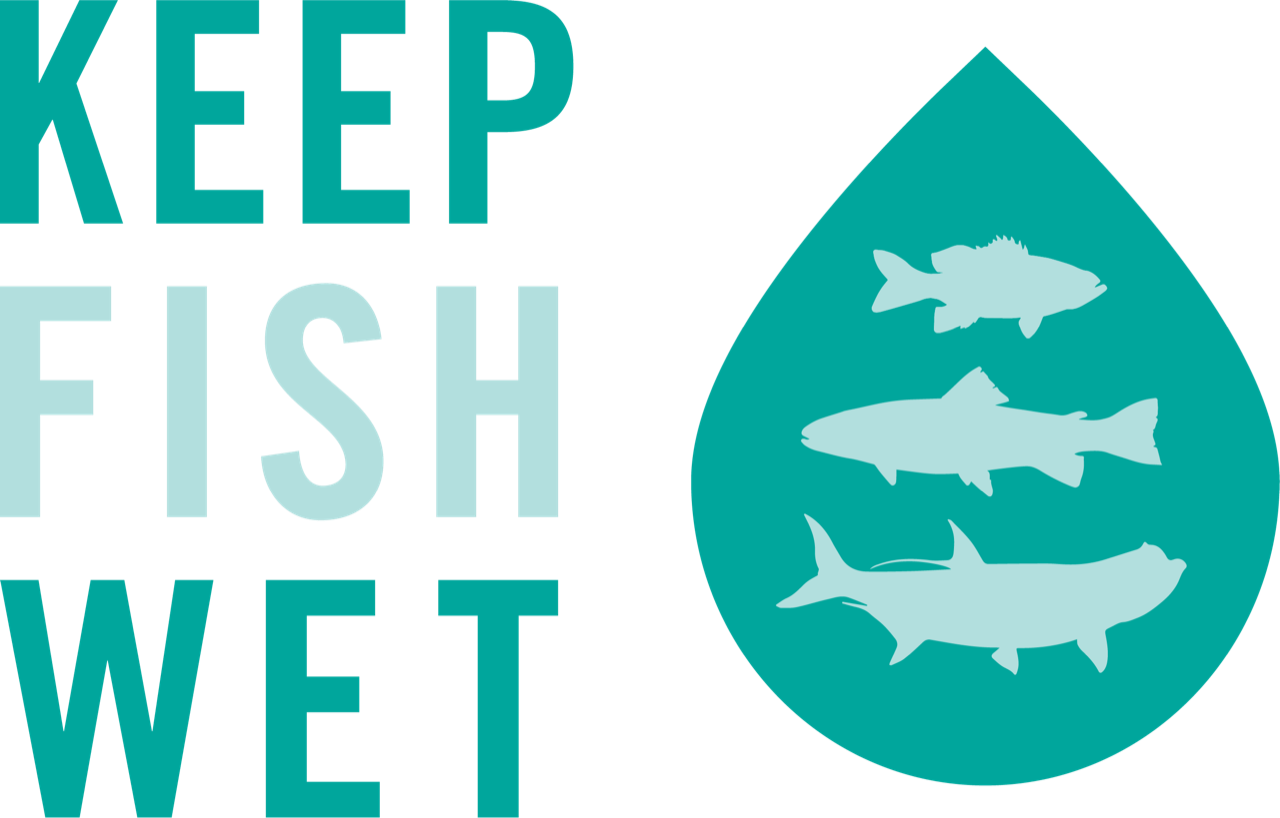Multiple perspectives on catch-and-release fishing
by Sascha Clark Danylchuk
It’s always good to balance talking about fishing with doing a little fishing – especially when it means catching your first grayling!
While many anglers typically think of catch-and-release as a conservation-minded practice it is not viewed that way everywhere. In some locations, catch-and-release is less desirable than keeping your catch. Germany, for example, has banned catch-and-release due to animal welfare issues, and in many other locations catch-and-release is viewed as “playing with your food” or disrespectful. For communities that depend heavily on fish for food (or traditionally have done so), it’s not surprising that they would have reservations about a practice that has the potential for this food source to be wasted because there is some mortality of fish from catch-and-release regardless of best intentions.
Message board at the Klukshu fish camp
Traditional fish drying shed
I recently spent time in the Yukon, Canada, where perceptions on catch-and-release are mixed. The Yukon is unlike most places in North American in that the First Nations (aboriginal people of Canada) have a Land Claims Agreement with the federal government that gives them the ability to self-govern, as well as set regulations on their traditional territories that cover the whole of the Yukon. For the most part, Yukon First Nations do not believe in catch-and-release for reasons along the lines mentioned above. This makes things challenging as fishing regulations for non-First Nations people in the Yukon are based on slot limits, a practice that mandates the release of certain sized fish.
Finding common ground
Keepemwet Fishing teamed up with a Yukon based fisheries consultant, Dennis Zimmermann, to investigate some of the issues surrounding catch-and-release in the Yukon. Through a series of meetings and conversations we explored perspectives on catch-and-release in the Yukon and from around the world, and began to brainstorm some potential solutions to differing views on the practice. One thing that became apparent is that anglers, regardless of how or why they fish, often share a deep respect for fish and that most anglers want to do the “right” thing, they just are not always sure what that entails. Finding common ground through education and awareness campaigns will be key to solving issues in the Yukon, as well as elsewhere when conflicts over resource use emerge.
A multi-stakeholder discussion group on catch-and-release
For me, one of the most valuable aspects of the work was listening to why people did not agree with catch-and-release practices. It’s easy to get entrenched in common perspectives on how resources should be utilized and treated, yet ‘common’ doesn’t apply everywhere. Having the opportunity to look at issues from a fresh vantage point is always beneficial, especially when it comes to the conservation of resources, including fish. There is also no path forward without first establishing respect for views that differ from our own.
Fall comes earlier in the Yukon
A big thank you to Yukon Fish and Wildlife Enhancement Trust for providing funding, Dennis Zimmerman of Big Fish Little Fish Consultants, Steve Hahn of H2O Troutfitter, and all the Yukoners who participated in conversations and events.





